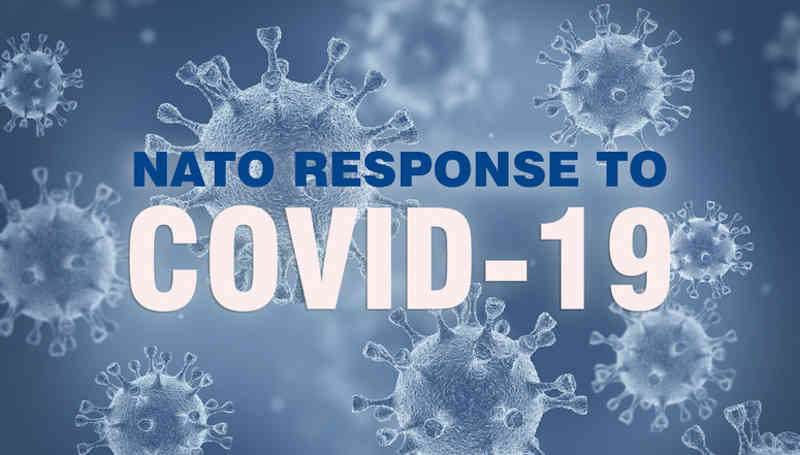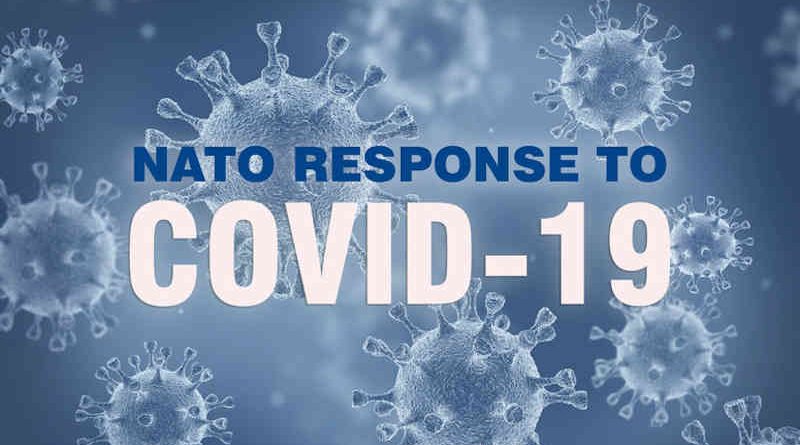Coronavirus Response: NATO Project to Strengthen Safety at Workplaces

This project will combine expertise in biophysics, materials science and spectroscopy to propose an innovative monitoring platform based on nanotechnology.
A joint project launched on May 27 by two Italian and Austrian universities aims to enhance health and safety at the workplace, in response to new challenges posed by the Covid-19 global pandemic.
This multi-year initiative – supported by the NATO Science for Peace and Security (SPS) Programme – involves researchers from the Sapienza University of Rome (Italy) and Graz University of Technology (Austria).
Their collaboration caters to the need to develop new detection tools in the context of the ongoing health emergency and it will contribute to the identification of potential contamination from other toxic bio-agents.
Specifically, this project will combine expertise in biophysics, materials science and spectroscopy to propose an innovative monitoring platform based on nanotechnology. The techniques employed by this project are expected to provide a cost-effective, selective and efficient solution to monitor the presence of the coronavirus and other pathogens particularly at workplaces.
SPS has been an integral component of NATO’s response to Covid-19, and has tapped into its broad network of scientists and research institutions in NATO and partner countries to foster collaborative solutions against the coronavirus.
In doing this, it adapted ongoing activities and launched new initiatives to contribute to strengthening diagnosis capacity, enhancing crisis management, and facilitating coordination among first responders.






